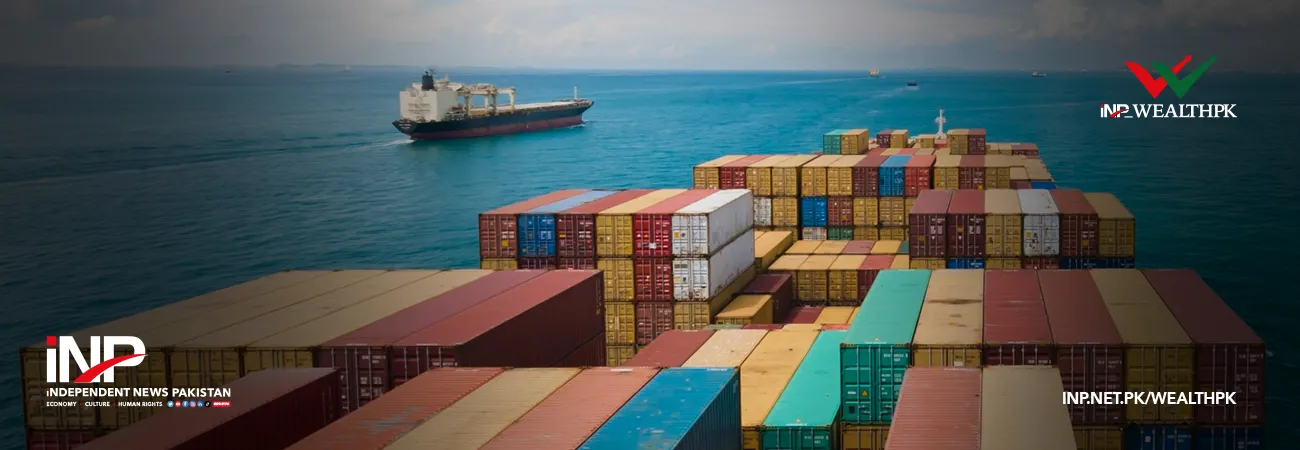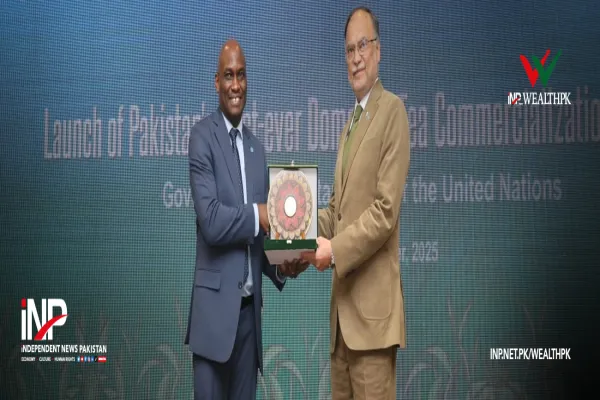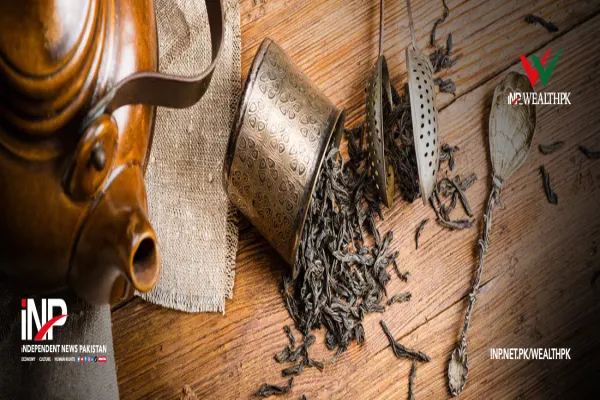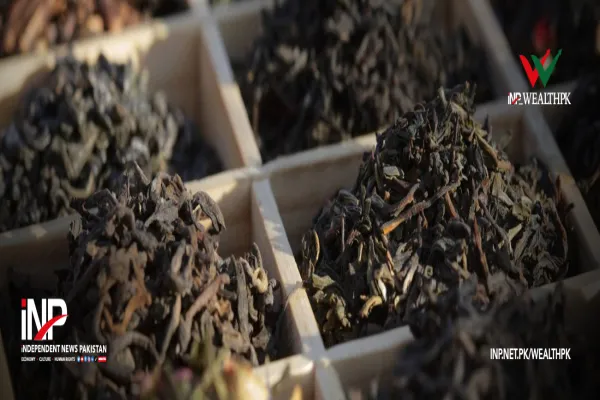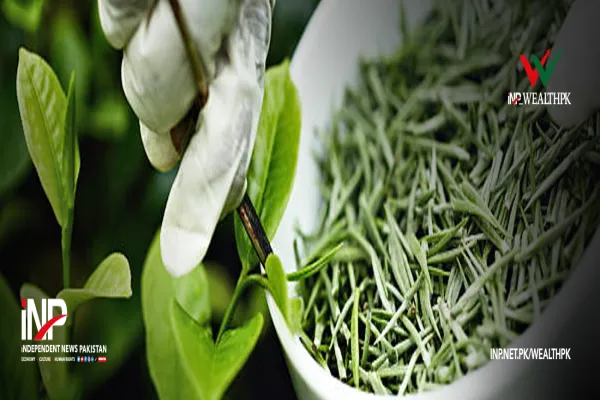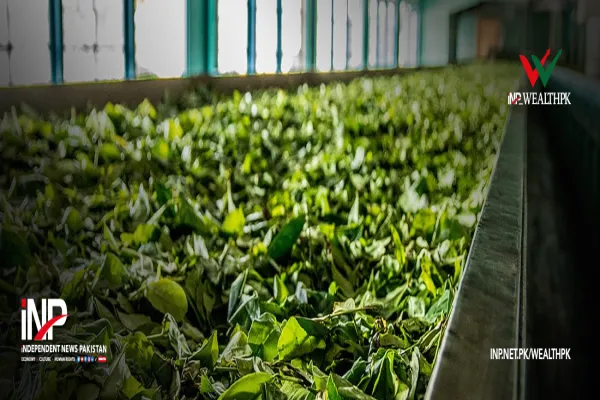i INP-WEALTHPK
Ayesha Saba

Rising energy costs and increased taxes have significantly impacted Pakistan’s export sector, creating a challenging environment for businesses striving to remain competitive in the global market. “One of the most pressing concerns for Pakistan’s exporters is the sharp increase in energy costs,” says Dr Faizan Iftikhar, senior research economist at Applied Economics Research Centre in Karachi. Speaking to WealthPK, he said the rising cost of electricity and gas had resulted in higher production costs. “Energy costs in Pakistan have been escalating due to a combination of factors, including inefficiencies in the power sector, reliance on imported fuels and inadequate infrastructure,” he explained. “This makes it extremely difficult for exporters to maintain competitive pricing in international markets, where even a slight cost increase can lead to loss of market share,” he said. As a result, he added many businesses were finding it hard to absorb the increased costs, leading to reduced profit margins.
“Some manufacturers are even contemplating relocating their operations to countries with more favourable energy prices, which could lead to a further decline in Pakistan’s industrial output and export revenues. Furthermore, the government’s decision to increase import duties and impose higher taxes on profits is seen by many as counterproductive, especially at a time when the economy is struggling to recover from global and domestic shocks,” he maintained. Faizan suggested the government should consider implementing energy subsidies for export-oriented industries to help them cope with the rising input costs. “Targeted subsidies can provide immediate relief to exporters, allowing them to manage their cost structures more effectively and remain competitive,” he stated.
Dr Salman Akhtar, a policy analyst and former member of the Economic Advisory Council, said that the higher tax burden was particularly detrimental to small and medium-sized enterprises (SMEs) that formed a significant portion of Pakistan’s export sector. “The business community is perturbed over the high cost of doing business in Pakistan. Stringent regulatory requirements, heavy taxation and a lack of supportive policies have reduced business activities,” he said. He asserted that there was a dire need for the government to introduce business-friendly policies that could stimulate economic growth. Speaking to WealthPK, he pointed out that from 2015 to 2020, the government doled out subsidies amounting to Rs29 billion to sugar mills, but the sector contributed only Rs22 billion in taxes during that time. He said that the government did not need to provide subsidies to affluent sectors like sugar mills.
Credit: INP-WealthPk



